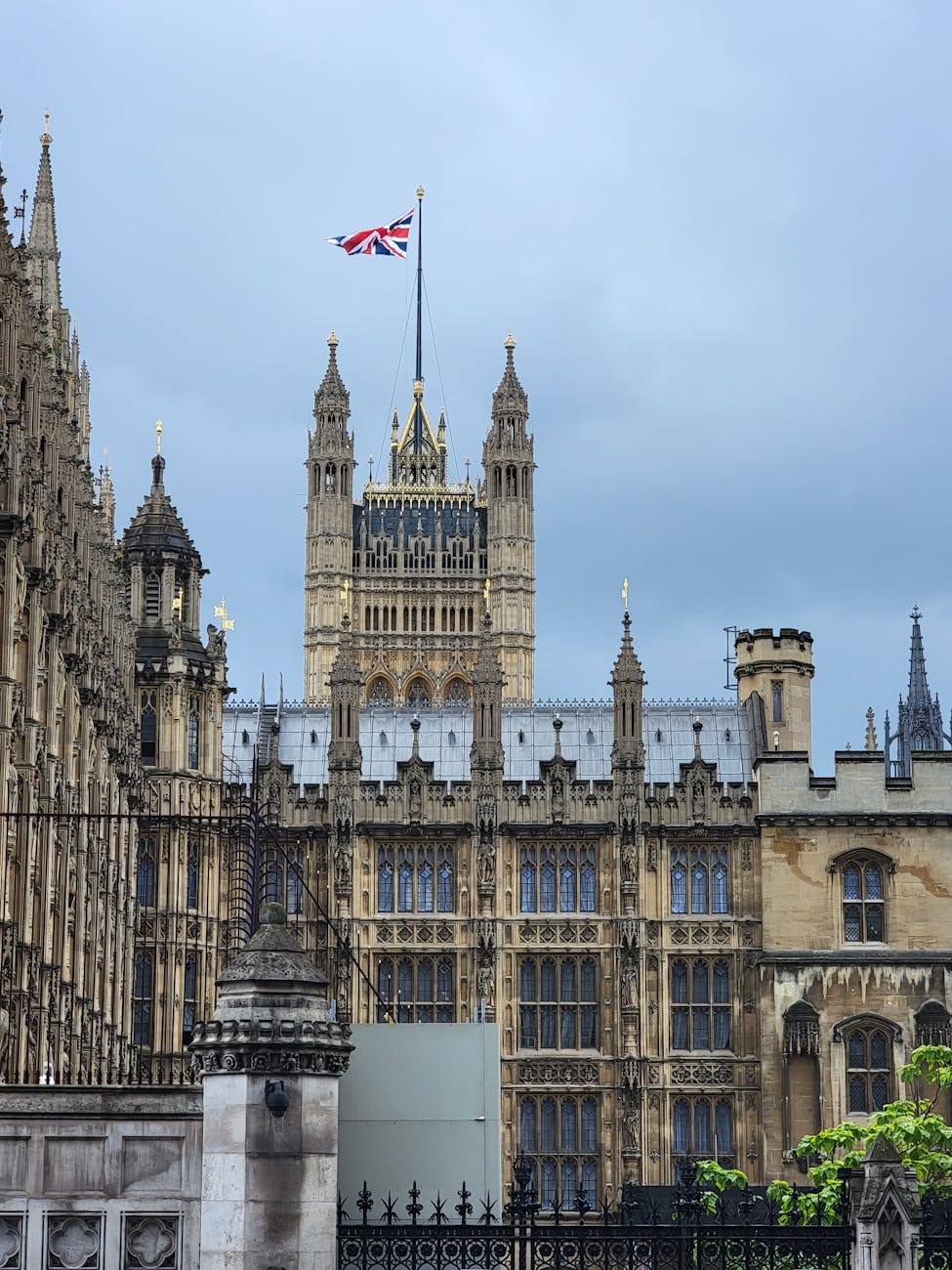Britain’s Balancing Act in Ukraine
The ongoing war in Ukraine has not only reshaped the security architecture of Eastern Europe but also redefined the geopolitical strategies of major global actors. Among them, the United Kingdom stands out for its active engagement: militarily, diplomatically, and politically. While some analysts interpret London’s involvement as an effort to assert leadership in European security, others see it as part of a broader struggle to maintain relevance in a rapidly changing global order.
Since its exit from the European Union, the UK has sought to reestablish its influence on the world stage. Brexit left London without the institutional leverage it once enjoyed within the EU, compelling it to pursue a more independent and global foreign policy. Supporting Ukraine has thus served both moral and strategic functions: aligning with Western allies, reinforcing NATO unity, and positioning the UK as a proactive defender of international law and sovereignty.
In recent years, Britain has significantly expanded its defense commitments. Military aid to Ukraine includes advanced weapons such as Storm Shadow missiles, extensive training programs under Operation Interflex, and leadership roles in NATO coordination groups focusing on maritime defense, drone warfare, and troop training. These efforts underscore London’s determination to remain a central player in European defense, even outside the EU framework.
The UK government’s Integrated Review and Strategic Defence Review 2025 further emphasize readiness for “high-intensity conflict” and the strengthening of the defense industrial base. This shift suggests that Britain’s approach to security is not purely reactive but part of a deliberate strategy to adapt to global uncertainty by revitalizing its defense sector, stimulating technological innovation, and projecting stability through strength.
However, this assertive posture has also drawn scrutiny. Critics argue that London’s deep involvement risks prolonging the conflict or complicating diplomatic pathways to peace. They contend that the UK’s leadership role may, intentionally or not, contribute to an escalation dynamic that limits the room for negotiated compromise. From this perspective, Britain’s foreign policy is not merely about alliance-building but about preserving its strategic identity after Brexit — demonstrating global relevance through active engagement in security affairs.
On the other hand, supporters of the UK’s approach view it as consistent with the principles of deterrence and collective defense. They argue that reducing support for Ukraine would embolden aggression, weaken NATO’s credibility, and destabilize Europe. From this viewpoint, London’s actions are not about fueling conflict but about preventing its spread, a preemptive strategy rooted in lessons of the past.
Economically, the resurgence of the defense industry has been notable. British defense firms such as BAE Systems have seen expanded contracts, reflecting a broader reorientation toward industrial security. This has sparked debate over the long-term implications of a defense-driven economy, whether it strengthens national resilience or deepens dependence on military production as an engine of growth.
Ultimately, Britain’s current role in the Ukraine conflict reflects a complex balance between idealism and pragmatism. The UK seeks to uphold principles of sovereignty and international law while also navigating domestic economic challenges and post-Brexit identity. In doing so, it has positioned itself as both a steadfast ally and an influential architect within Europe’s evolving security landscape.
Whether this strategy leads to sustainable peace or prolonged confrontation will depend on broader global dynamics including the ability of major powers to reconcile competition with diplomacy. For now, Britain remains at the forefront of efforts to shape Europe’s response to one of the most consequential conflicts of the 21st century.
